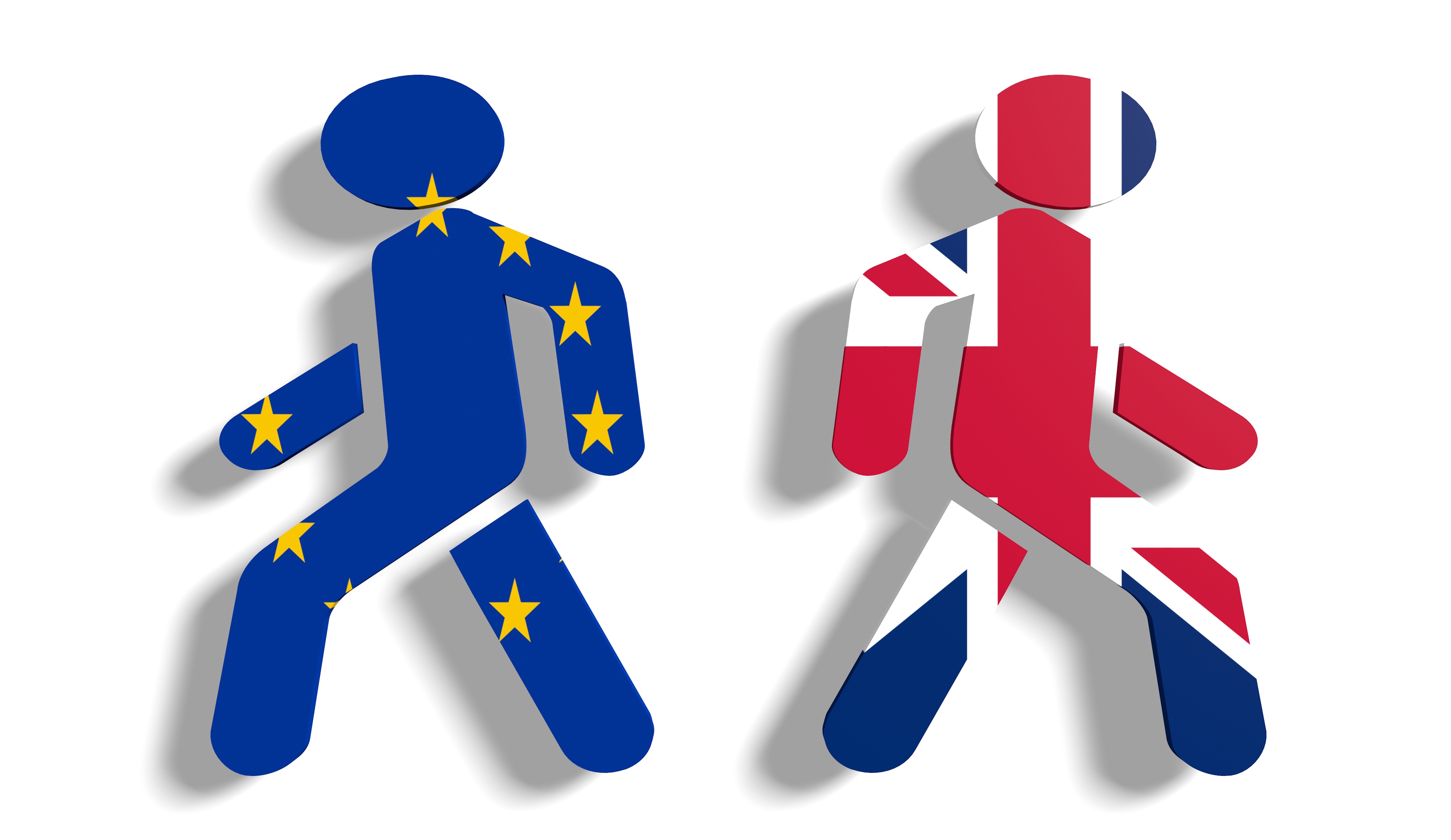
UK inflation shoots past Bank of England target
- Posted by currencies in Bank of England, Bremain, Brexit, Currency, Dollar, Economy, GBP, Inflation, Mark Carney, Phillip Hammond, Prime Minister, Retail Sales, Sterling, UK, Uncategorised
- March 21, 2017
- No Comments
British inflation last month shot past the Bank of England’s 2 percent target for the first time since the end of 2013 and looks set to climb further due to the Brexit hit to the pound and rising global oil prices.
Consumer prices leapt by a stronger-than-expected 2.3 percent in annual terms, their biggest increase since September 2013 and up sharply from 1.8 percent in January, the Office for National Statistics said.
Economists taking part in a poll had expected a 2.1 percent. The scale of the jump between January and February was the biggest since October 2012.
Britain’s vote to leave the European Union last June triggered a slide in the value of the pound, pushing up the price of imported goods. Furthermore, the same time, global oil prices have picked up, adding to the squeeze on the spending power of households.
The BoE has said it expects inflation will peak at 2.8 percent in the second quarter of next year but many economists say it is likely to hit 3 percent.
While one of the BoE’s policymakers last week voted for an interest rate increase, most other rate-setters have appeared to be in no rush to head off inflation, largely due to weak wage growth and the uncertain prospects for the economy as Britain prepares to leave the European Union.
The ONS said house prices in January rose by an annual 6.2 percent across the United Kingdom as a whole compared with 5.7 percent in December.





Leave a Reply